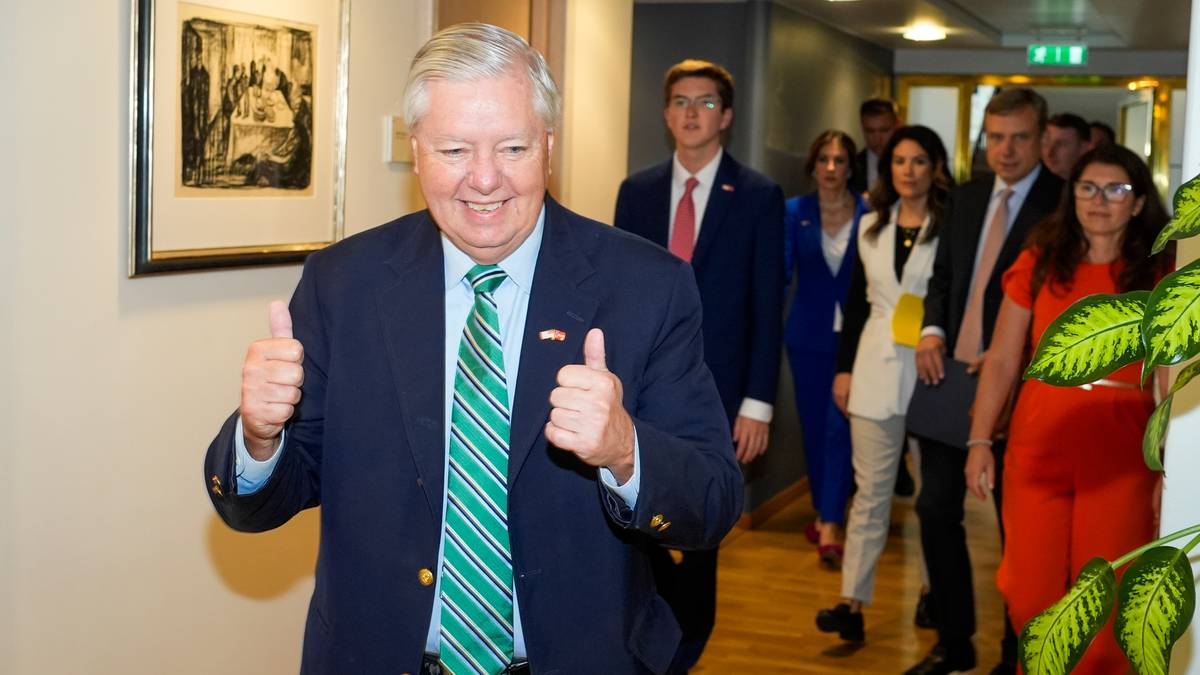TikTok has said it's removed accounts associated with Russian state media for "engaging in covert influence operations".
It's part of the site's efforts to prevent disinformation in the run up to November's US presidential election.
Accounts affected are those from media group Rossiya Segodnya, which owns the RIA Novosti and Sputnik news services; and TV-Novosti, the parent body of the RT news channel.
TikTok said the accounts were previously restricted in the UK and EU, and that their worldwide content was marked as state-controlled media.
However, they are now understood to have been permanently banned.
It follows a similar move last week by Instagram and Facebook owner Meta, which banned Rossiya Segodnya, RT and others for "foreign interference activity".
RT - which lost its UK broadcast licence in March 2022 - told Sky News the US firm was "censoring information flow to the rest of the world".
The Kremlin said Meta was "discrediting itself" by banning the networks.
There's been no response so far to Monday's announcement from TikTok.
The bans come after the US filed charges this month against two RT employees for allegedly trying to hire an American company to produce online content to influence the election.
Read more:
UK and allies issue alert over huge China-backed botnet
Cards Against Humanity sues SpaceX for $15m

Follow Sky News on WhatsApp
Keep up with all the latest news from the UK and around the world by following Sky News
In July, the US Department of Justice also shut down nearly 1,000 social media bot accounts it said were created to spread Russian disinformation.
The Russian state was infamously accused of interfering in the 2016 presidential election, with a Senate committee concluding there was a sophisticated campaign to help get Donald Trump elected.
Ironically, TikTok is itself on shaky ground in the US, where a new law threatens to ban it over concerns it might share data with the Chinese government.

 2 months ago
28
2 months ago
28























 English (US)
English (US)